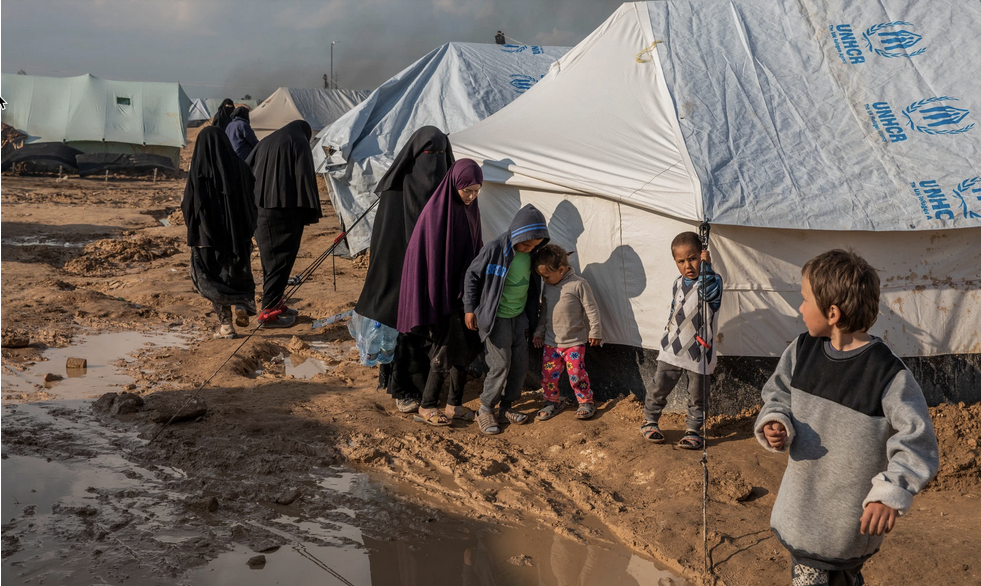PARIS — As Turkey followed through on its threat to release more Islamic State detainees last week, Western European nations were confronted with a problem they had long sought to avoid: what to do about the potential return of radicalized, often battle-hardened Europeans to countries that absolutely do not want them back.
Faced with fierce popular opposition to the repatriation of such detainees and fears over the long-term threat they could pose back home, European leaders have sought alternative ways to prosecute them — in an international tribunal, on Iraqi soil, anywhere but on the Continent.
But President Recep Tayyip Erdogan of Turkey, made more powerful by a sudden shift in American policy, is determined to foist the problem of the captured European Islamic State fighters back on the countries they came from.
Last week, Turkey sent a dozen former Islamic State members and relatives to Britain, Denmark, Germany and the United States, and Mr. Erdogan says hundreds more are right behind them.
“All of the European countries, especially those with most of the foreign fighters, have desperately been looking for the past year for a way to deal with them without bringing them back,” said Rik Coolsaet, an expert on radicalization at the Egmont Institute, a Brussels-based research group. “But now, European nations are being forced to consider repatriation since Turkey is going to put people on the plane.”




